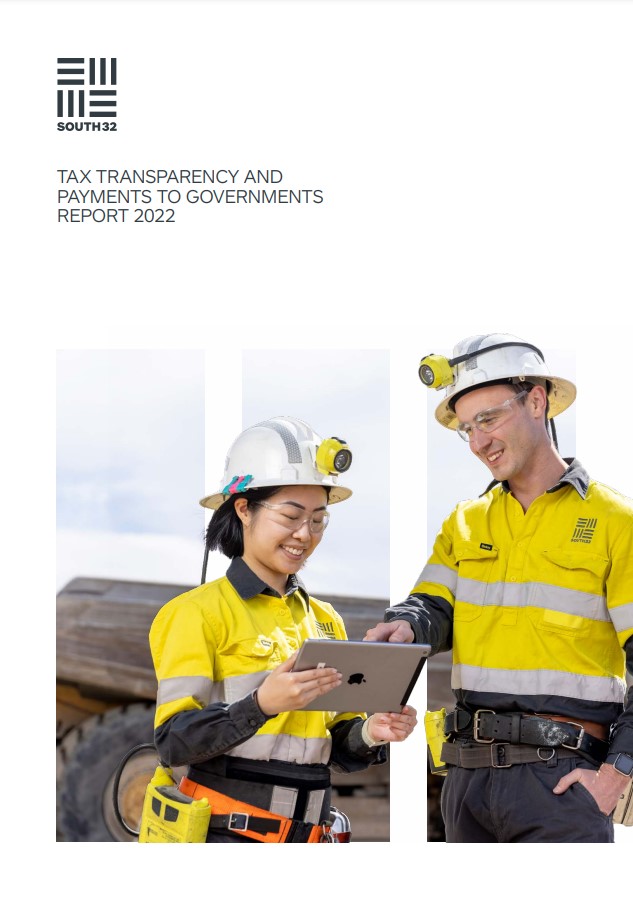
09 MAY 2023
The Hermosa project has been confirmed by the United States Federal Permitting Improvement Steering Council (FPISC), an independent federal agency, as the first mining project added to the FAST-41 process.
The Hermosa project, located in Southern Arizona, is currently the only advanced mine development project in the US that could produce two federally designated critical minerals —manganese and zinc— which are essential minerals for powering the world’s clean energy future.
To qualify for the FAST-41 process, complex critical infrastructure projects must meet rigorous criteria to demonstrate benefit to the nation.
Adding projects like Hermosa to FAST-41 supports the US’ decarbonisation goals by creating a more efficient and transparent federal permitting process for projects that have potential to supply the critical minerals needed for a low-carbon future.
South32 Chief Executive Officer Graham Kerr said “The inclusion of Hermosa as the first mining project added to the FAST-41 process is an important milestone that recognises the project’s potential to strengthen the domestic supply of critical minerals in the US.”
South32 Hermosa President Pat Risner said “Becoming a covered FAST-41 project will make the rigorous federal environmental review and permitting process for this project more transparent, predictable, and inclusive for all stakeholders,”
“We are committed to working closely with the US Forest Service, cooperating agencies, Native American tribes, and local stakeholders in Santa Cruz County in Arizona to develop this project in a way that benefits the community, minimises impact on the environment, and creates opportunities across the region.”
Battery-grade potential
In further news from the project, the current phase of study work for Hermosa’s Clark deposit has confirmed its potential to supply battery-grade manganese to the rapidly forming North American electric vehicle supply chain.
The Clark deposit is currently the only advanced project in the US that has a viable pathway to produce battery-grade manganese for the domestic market from locally sourced ore.
There has been no manganese mining in the US since the 1970s and there is no manganese metal production in North America. About 97 percent of manganese metal in North America is imported, and the US is now 100 percent reliant on foreign sources for manganese.
We continue to progress critical path activity and studies at Hermosa.
Learn more about our Hermosa project.
About FAST-41
FAST-41 was signed into law by President Obama in December 2015 to create a more efficient and transparent process for complex, critical infrastructure projects in the United States.
The FAST Act also created the FPISC, an independent federal agency composed of 16 members including 13 federal agencies responsible for environmental reviews and permitting for infrastructure projects.
The Permitting Council facilitates deliberate, coordinated, and transparent federal environmental review and permitting for certain “covered” infrastructure projects.
To qualify for review under Title 41 of the Fixing America’s Surface Transportation Act — or the FAST-41 program — infrastructure projects must meet certain, rigorous criteria to demonstrate how they will benefit the nation.
A FAST-41 covered project must first be in one of the following 18 sectors and it also must also meet one of the four criteria areas: Objective, Discretionary, Tribal, or Carbon Capture. South32’s Hermosa project meets two criteria areas — the Objective Criteria and Discretionary Criteria.
Once a project is covered by FAST-41, it is placed on the Permitting Dashboard, allowing federal agencies, project sponsors, other stakeholders, and the public to track project reviews and permitting in real time.
The federal government will now create a comprehensive, integrated permitting timetable for the Hermosa project that is publicly available on the Permitting Dashboard and contains all federal environmental reviews and authorisations needed to fully develop the project.
